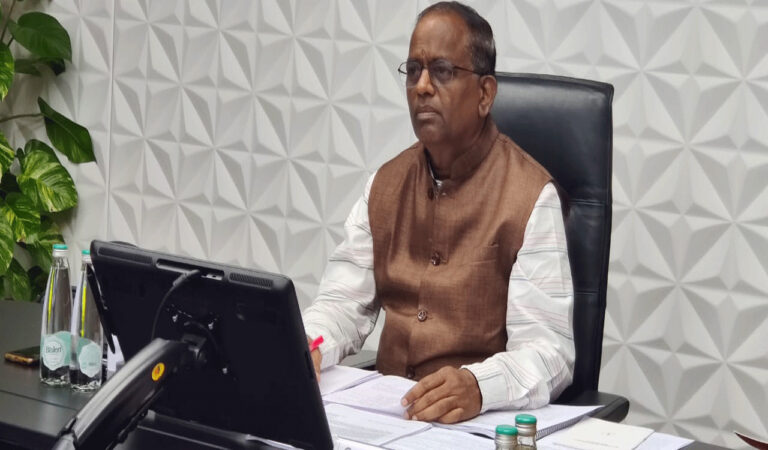
Hyderabad: With many neem trees in the State wilting and drying up due to fungus infections, National Biodiversity Board (NBA) chairperson C Achalender Reddy stressed on the need to get experts from the Forest and Agriculture departments and plant pathologists of agricultural universities to work together for finding out measures to control these infections.
Some neem trees were self-reviving but to plant more trees, there has to be scientific methodology to save them. This was important as first level neem raw products were being used for preparing drugs to treat cancer.
At present, these drugs were in capsule forms and intravenous injections have also been developed, he said.
To sustain the manufacturing of these capsules and injections, a lot of neem trees were required. To achieve this, farmers should be given assured price for raising neem trees.
It would be a win-win situation as farmers and cancer patients would get benefited, he said. “From the NBA, we can only make recommendations.
If any university or the Forest College and Research Institute, Mulugu evince interest in conducting research studies for a year, the NBA can extend funding,” Achalender Reddy said, adding that the fungus attack was more in southern India compared to north India as there were very less trees.
In southern India, it was more rapid in Telangana than in other States, he said. Regarding Ameenpur Lake, which is the only Biodiversity Heritage site in the State and the need for more such sites, he said rules were being prepared for including more biodiversity heritage sites.
Guidelines already existed but a solid framework was required and that was under progress, he said.
In the meantime, the State government should protect and have a management plan for Ameenpur Lake to avoid further encroachments.
Since the basic data of Telangana was available, there was a need for a scientific study called development of biodiversity finance plan for the State for preparing fund estimates for biodiversity conservation, he said, adding that once the funding, including private and CSR contributions, was arranged, the State biodiversity plan could be further upgraded.
Corporate Social Responsibility was made mandatory in the Companies Act through an amendment in 2013. Guidelines were issued but unfortunately, the word biodiversity was missed out. Companies were reluctant in contributing towards these initiatives, he said.
“We are now trying to sensitise the commerce Ministry or the commerce sector to bring the biodiversity word in the guidelines. This will help the corporate companies to contribute without any hesitations,” Achalender Reddy added.

 1 month ago
1 month ago
















 English (US) ·
English (US) ·